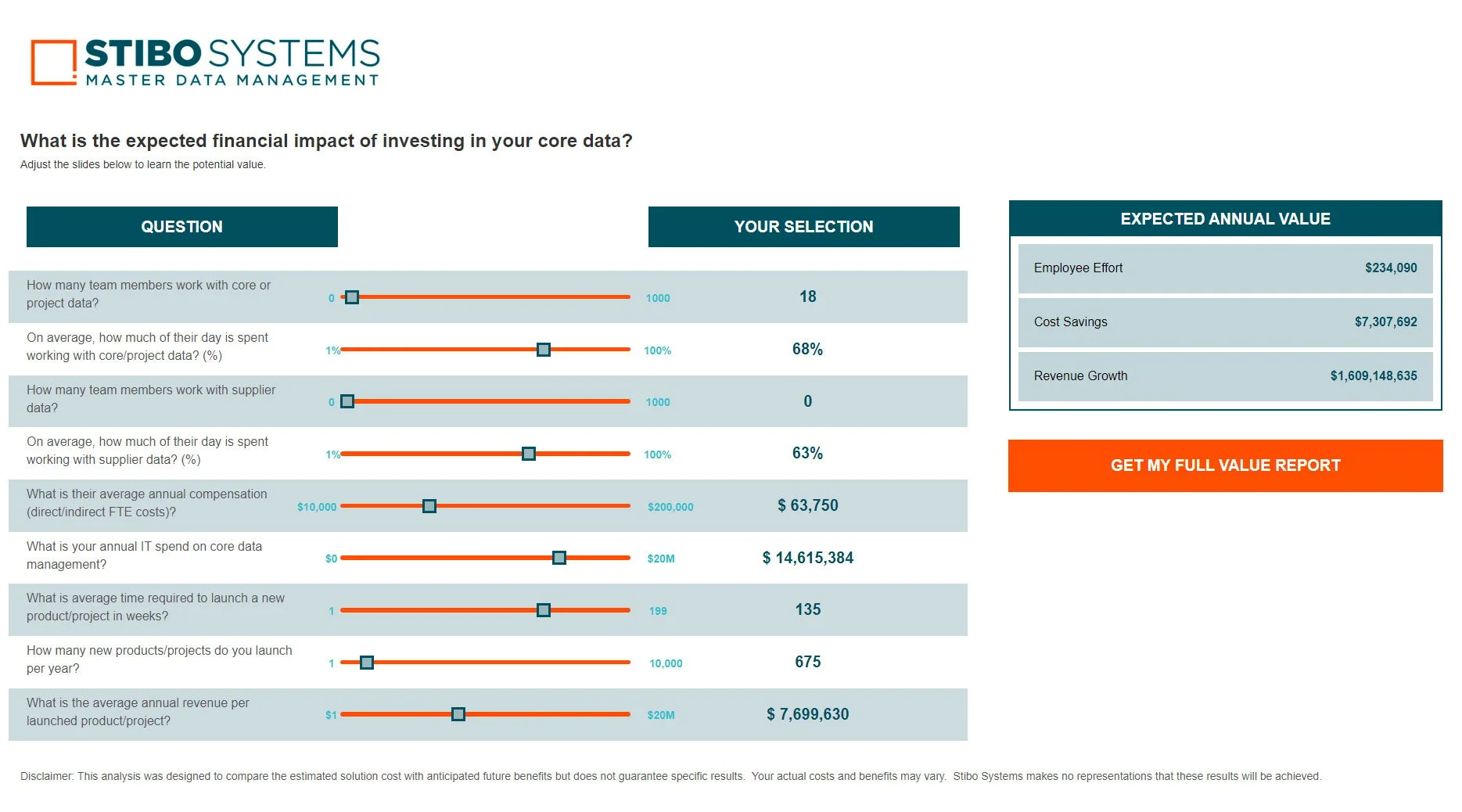Data compliance is a critical issue for organizations in today's data-driven business environment. With the increasing use of technology and the growing amount of personal data being collected, stored and processed, it is essential for organizations to ensure that they are in compliance with applicable laws, regulations and industry standards. Failure to do so can result in significant legal, financial and reputational consequences.
In this blog post, we will explore the concept of data compliance in more detail, including what it is, why it is important and how organizations can ensure compliance with applicable data protection laws and regulations. We will also examine the role of master data management in ensuring data compliance and provide practical tips for organizations looking to establish effective data compliance measures. Whether you are an executive responsible for data governance or a data professional looking to enhance your organization's data compliance measures, this post will provide valuable insights and guidance to help ensure the protection of sensitive information and mitigate the risks of non-compliance.

What is data compliance?
Data compliance refers to the adherence to specific rules, regulations and standards that govern the use, handling, storage and transmission of data. These rules and standards are often defined by laws, industry regulations or organizational policies and are designed to protect the privacy, security and integrity of sensitive information.
Data compliance typically includes a variety of requirements such as obtaining proper consent for data collection, implementing strong data security measures, ensuring the accuracy and completeness of data and providing individuals with the right to access and control their own data.
Examples of data compliance regulations include the General Data Protection Regulation (GDPR) in Europe, the California Consumer Privacy Act (CCPA) in the United States and the Personal Information Protection and Electronic Documents Act (PIPEDA) in Canada. Organizations that handle personal data are required to comply with these regulations or risk facing fines and legal penalties.
Why is data compliance important for organizations?
Data compliance is important for organizations for several reasons, including:
-
Legal compliance: Many countries have enacted data protection laws and regulations that require organizations to follow specific guidelines when collecting, storing, processing and transferring personal data. Failure to comply with these regulations can result in hefty fines and other legal consequences.
-
Protecting sensitive information: Compliance measures help protect sensitive information from unauthorized access, theft or misuse. This helps ensure that customers, employees and other stakeholders can trust an organization with their personal data.
-
Reputation management: Data breaches and privacy violations can have a significant impact on an organization's reputation. By implementing strong data compliance measures, an organization can demonstrate its commitment to protecting sensitive information and preserving the trust of its customers and stakeholders.
-
Competitive advantage: In today's data-driven business environment, consumers and stakeholders are increasingly aware of the importance of data privacy and security. Organizations that demonstrate strong data compliance measures can gain a competitive advantage by distinguishing themselves as trustworthy and reliable partners.
-
Ethical considerations: Finally, data compliance is an important ethical consideration for organizations. It is important for organizations to act responsibly and respect the privacy and rights of individuals whose data they collect and use.
How to ensure data compliance within an organization?
Ensuring data compliance in an organization involves taking several steps, including:
-
Conducting a data audit: Organizations should conduct a thorough review of their data handling practices to identify potential areas of non-compliance. This includes reviewing data collection, storage, processing and transfer practices as well as any third-party data sharing agreements.
-
Implementing data protection policies: Organizations should establish clear policies and procedures for data protection, outlining how personal data is collected, stored, processed and shared. This includes obtaining proper consent for data collection, implementing strong data security measures and ensuring the accuracy and completeness of data.
-
Providing employee training: Organizations should provide regular training to employees on data protection policies and procedures. This ensures that employees understand their responsibilities and the importance of data compliance.
-
Conducting risk assessments: Organizations should conduct regular risk assessments to identify potential vulnerabilities in their data handling practices. This allows organizations to take proactive steps to mitigate risks before a data breach or privacy violation occurs.
-
Implementing data breach response plans: Organizations should establish clear procedures for responding to data breaches, including notifying affected individuals, regulators and law enforcement as required by applicable laws and regulations.
-
Regularly reviewing and updating compliance measures: Organizations should regularly review and update their data compliance measures to ensure they are up-to-date with changing laws, regulations and industry standards.
By taking these steps, organizations can ensure they are in compliance with applicable data protection laws and regulations, and help protect sensitive information from unauthorized access, theft or misuse.
Master data management can help ensuring compliance within an organization
Master data management can play an important role in ensuring data compliance within an organization. Master data management is a set of processes and technologies used to create and maintain a single, accurate and consistent view of an organization's most important data such as customer data, product data and supplier data.
By implementing master data management, organizations can ensure that sensitive data is accurate, up-to-date and consistent across all systems and applications. This helps to avoid data duplication and inconsistencies that can lead to compliance issues.
Master data management can also help organizations to ensure data privacy and security by implementing strong data governance policies and controls. For example, master data management can be used to establish access controls to ensure that only authorized personnel have access to sensitive data. Master data management can also help organizations to track data usage and maintain an audit trail, which can be critical in demonstrating compliance with data protection regulations.
In addition, master data management can help organizations to respond more quickly and effectively to compliance requirements. By providing a centralized view of critical data, master data management can help organizations to quickly identify and address potential compliance issues.
Overall, master data management can be a powerful tool in helping organizations to ensure data compliance and protect sensitive information from unauthorized access or misuse.







